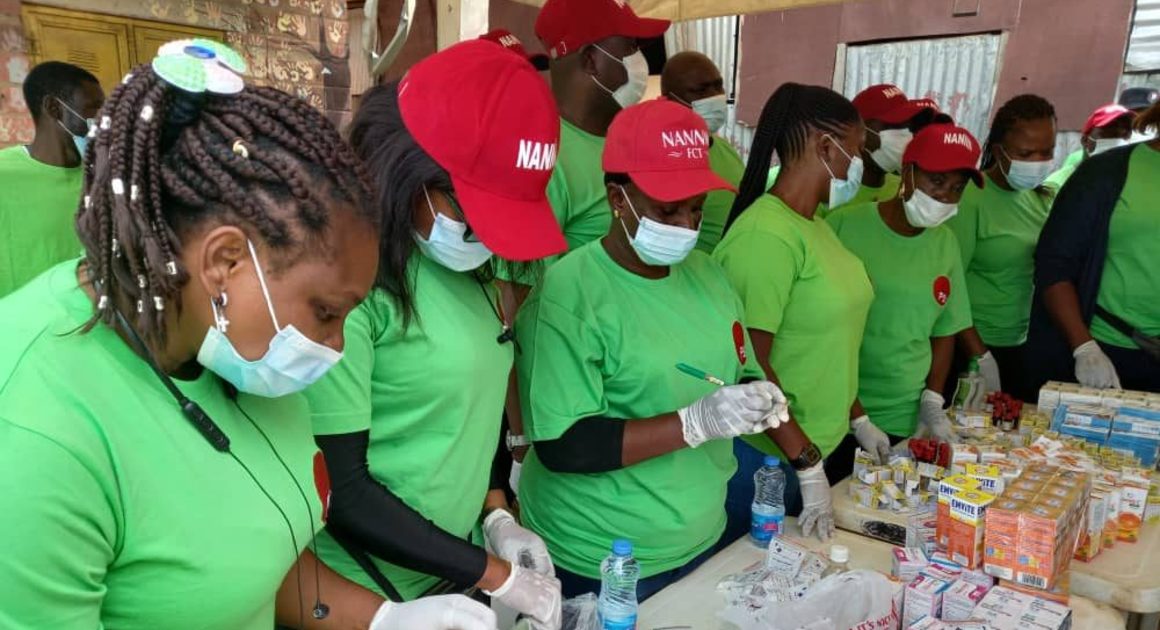 The National Union of Metalworkers of South Africa (NUMSA) is up in arms over the alleged non-payment of primary healthcare benefits for workers in the bus sector. The union, which represents thousands of workers across the country, has accused several bus companies of failing to contribute to a healthcare fund that is meant to provide essential medical services to employees.
The National Union of Metalworkers of South Africa (NUMSA) is up in arms over the alleged non-payment of primary healthcare benefits for workers in the bus sector. The union, which represents thousands of workers across the country, has accused several bus companies of failing to contribute to a healthcare fund that is meant to provide essential medical services to employees.
According to NUMSA, workers in the bus sector have been left without access to critical healthcare services, as employers have not fulfilled their obligation to pay into the healthcare fund. This has resulted in many employees facing the risk of not being able to afford medical care for themselves and their families.
In a statement, NUMSA expressed its outrage, calling the situation a blatant violation of workers’ rights. This is an unacceptable attack on the health and wellbeing of bus sector workers. Employers have a duty to ensure that workers’ contributions to healthcare benefits are paid and up to date, the union said.
NUMSA has warned that if the outstanding payments are not made immediately, it will take legal action against the bus companies involved. The union has also called on the administrators of the healthcare fund to be transparent and to ensure that the contributions collected from workers are properly managed.
The failure to pay healthcare contributions has had a severe impact on workers in the sector, many of whom rely on the fund for access to primary healthcare services such as doctor consultations, chronic illness management, and medication. With the non-payment issue dragging on, many bus drivers and other employees have been forced to pay out-of-pocket for medical treatment, something they can ill afford given the low wages in the sector.
The situation is dire. I have been unable to take my children to the doctor because we are no longer covered. This is not just about me this is about the well-being of my entire family, said one bus driver who wished to remain anonymous.
NUMSA is calling on the Department of Employment and Labour to intervene in the matter to ensure that bus companies comply with their legal obligations. The union is also pushing for a forensic audit of the healthcare fund to identify where the money has gone and why workers have been left without coverage.
We demand accountability from both employers and fund administrators. Workers cannot be left in the dark while their health is jeopardized, NUMSA said.
This healthcare issue is the latest in a series of labor disputes within South Africa’s public transport sector. Over the years, the sector has been plagued by strikes, wage disputes, and poor working conditions. NUMSA has consistently advocated for better protections for workers, but progress has been slow.
As the union prepares to take legal action, it remains to be seen whether bus companies will respond to the growing pressure. However, for now, thousands of workers remain without the vital healthcare coverage they are entitled to, and the frustration within the workforce continues to build.
NUMSA has vowed to intensify its efforts to ensure justice for its members, and has not ruled out further industrial action if the situation is not resolved swiftly. This ongoing dispute highlights the urgent need for reform in South Africa’s public transport sector, where the rights and welfare of workers remain at the forefront of labor struggles.

